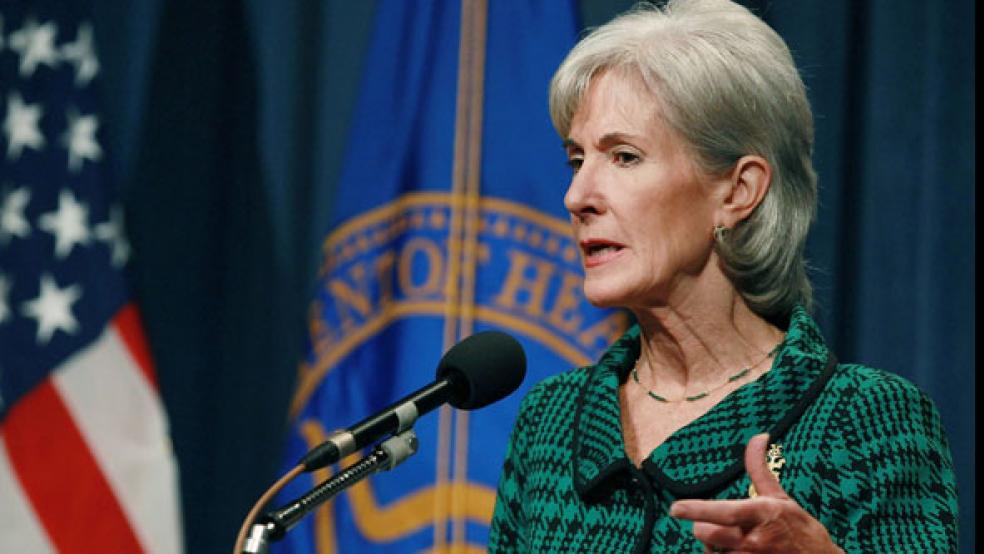The Obama administration today announced a new plan to save its spare change—literally. Vice President Joe Biden announced this morning at a cabinet meeting that the U.S. Mint will stop producing presidential $1 coins—an effort the White House says will save the government $50 million a year in production and storage expenses, and will help reduce the current $1.4 billion glut of $1 coins sitting in Federal Reserve Banks nationwide.
This announcement is the latest installment in a program President Obama established last June establishing a White House oversight board to work with federal departments and agencies to cut wasteful spending and optimize government performance.
“We simply shouldn’t be wasting taxpayer money on money that taxpayers aren’t using,” said Treasury Secretary Timothy Geithner. “This represents a significant opportunity to reduce costs and improve efficiency.”
The announcement chips away at a 2005 law Congress passed requiring the Mint to issue $1 coins featuring the face of every deceased President. Since then, the Mint has made between 70 and 80 million coins per President. Federal Reserve banks currently hold a decade worth of excess coins from the program, Deputy Secretary of the Treasury Neal Wolin told reporters on a conference call. Under the new regime, the Mint will produce only a limited number to sell to collectors.
Administration officials parlayed this announcement to also showcase their successes in cracking down on health care, civil, and criminal fraud in fiscal 2011. The Justice and Health and Human Services departments so far have recovered $5.6 billion, according to the White House. The amount includes more than $2.9 billion in health care fraud, and represents a 167 percent increase on fraud cost recover over 2008 and a new fiscal year record for the Justice Department.
The Department of Health and Human Services also introduced a new initiative to crack down on Medicare prescription drug fraud via “doctor shopping” whereby patients try to secure multiple prescriptions for painkillers and narcotics, which most frequently include OxyContin and Percocet. Going forward, HHS will instruct prescription drug plans to withhold payments to pharmacies until the company confirms the claim is valid.
This program marries well with parts of the Affordable Care Act, which require provider screening before they can bill Medicare, Health and Human Services Secretary Kathleen Sebelius said today on a conference call with reporters. “We’re giving investigators new tools that allow them to analyze data in order to identify and stop suspicious payments before they go out the door,” she said. “We think there’s never been a worse time to try and steal from Medicare.”





